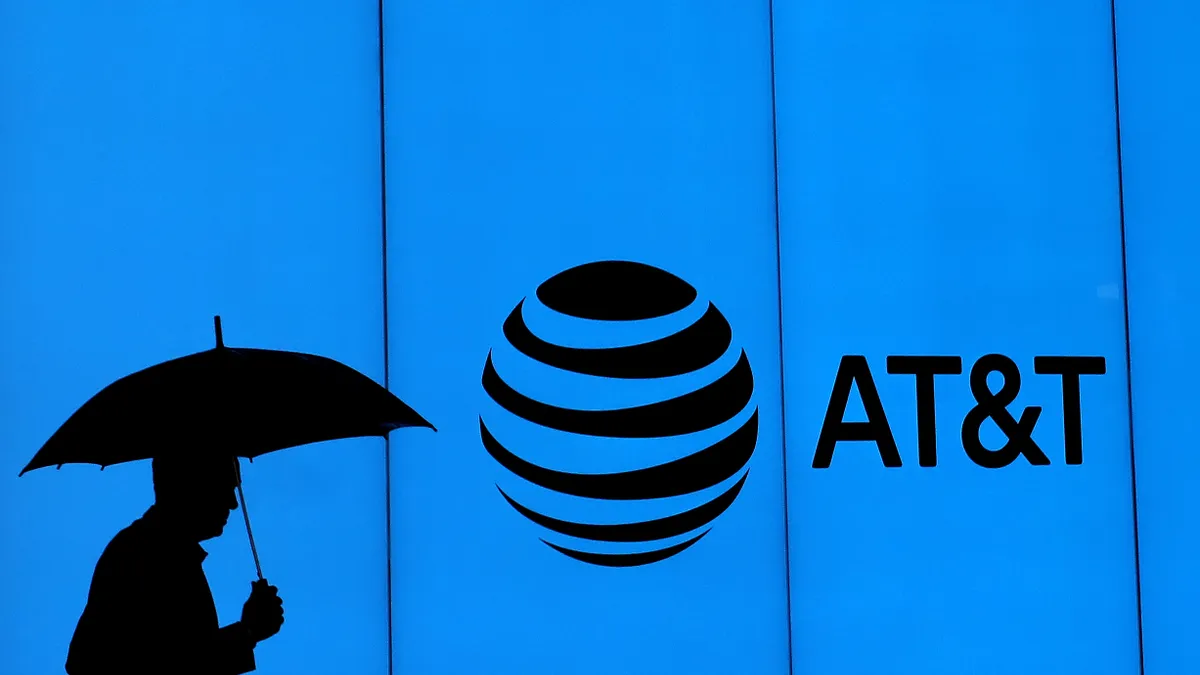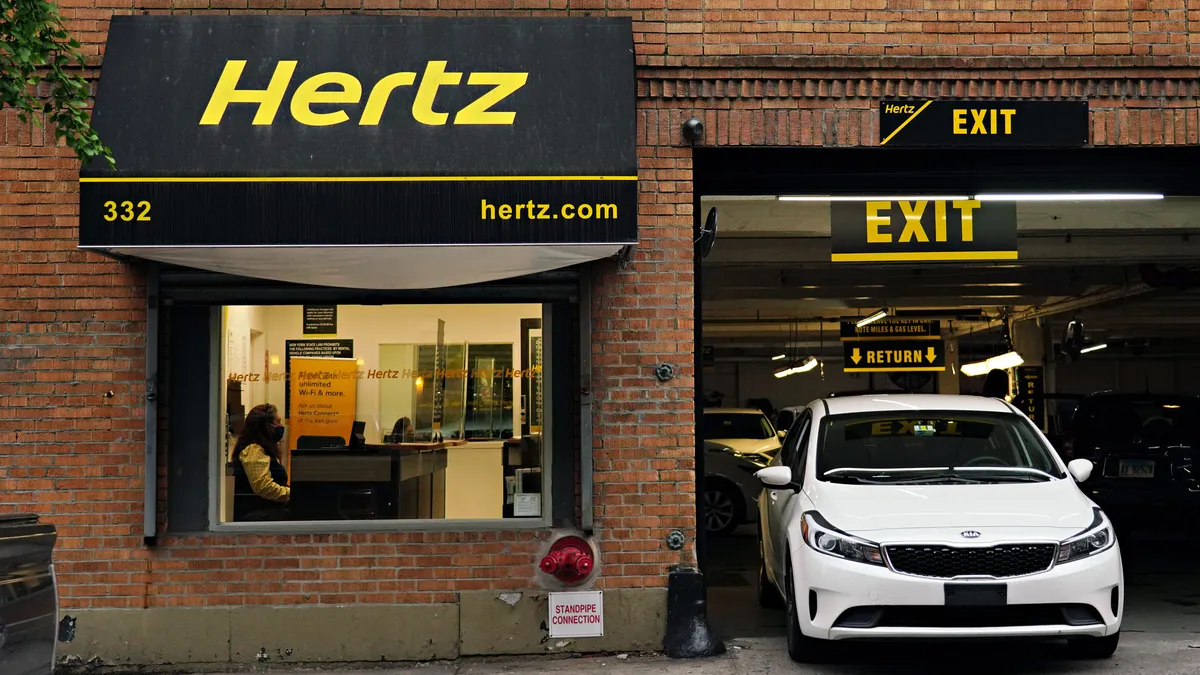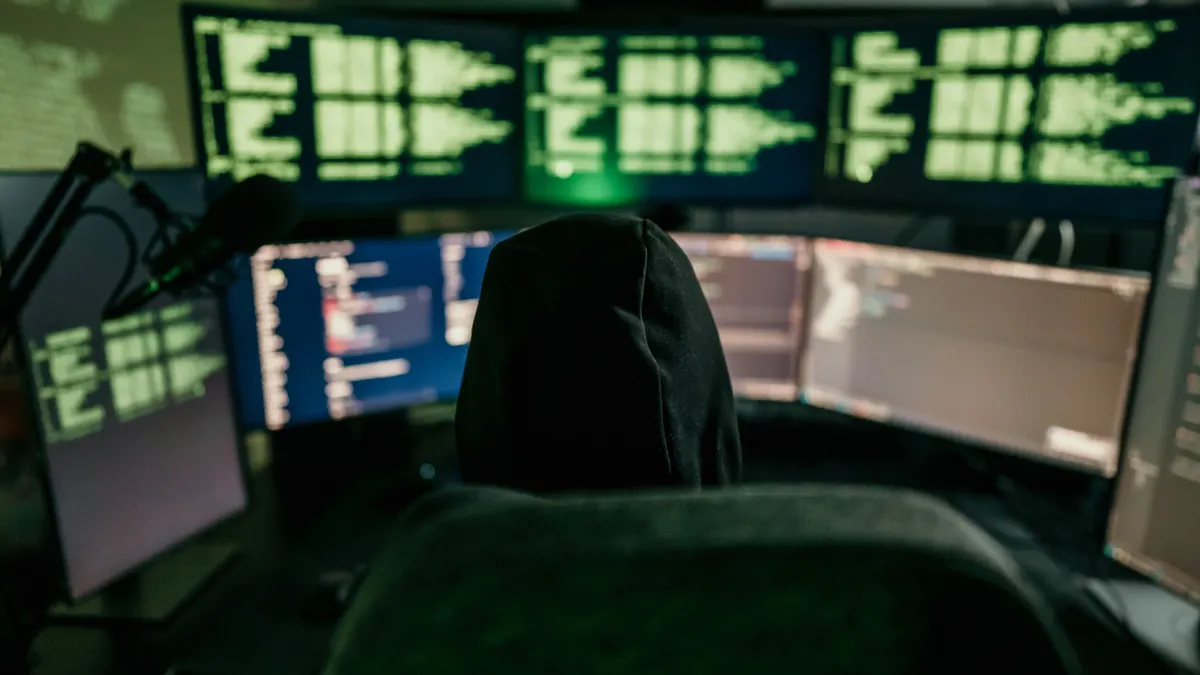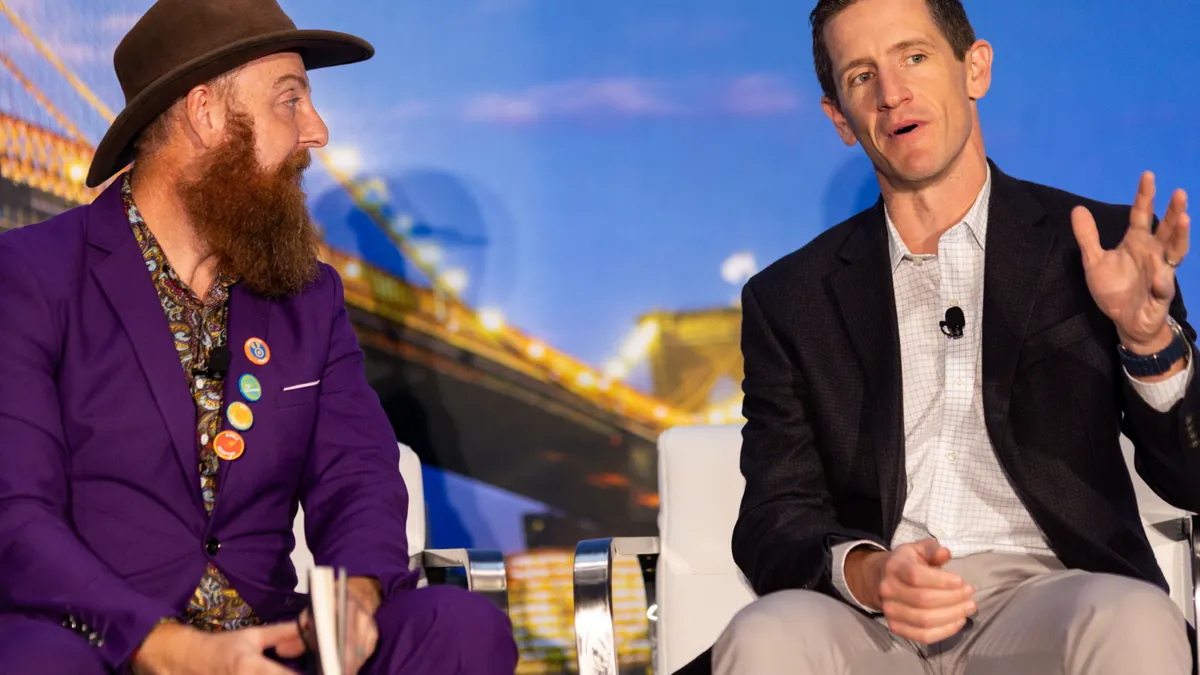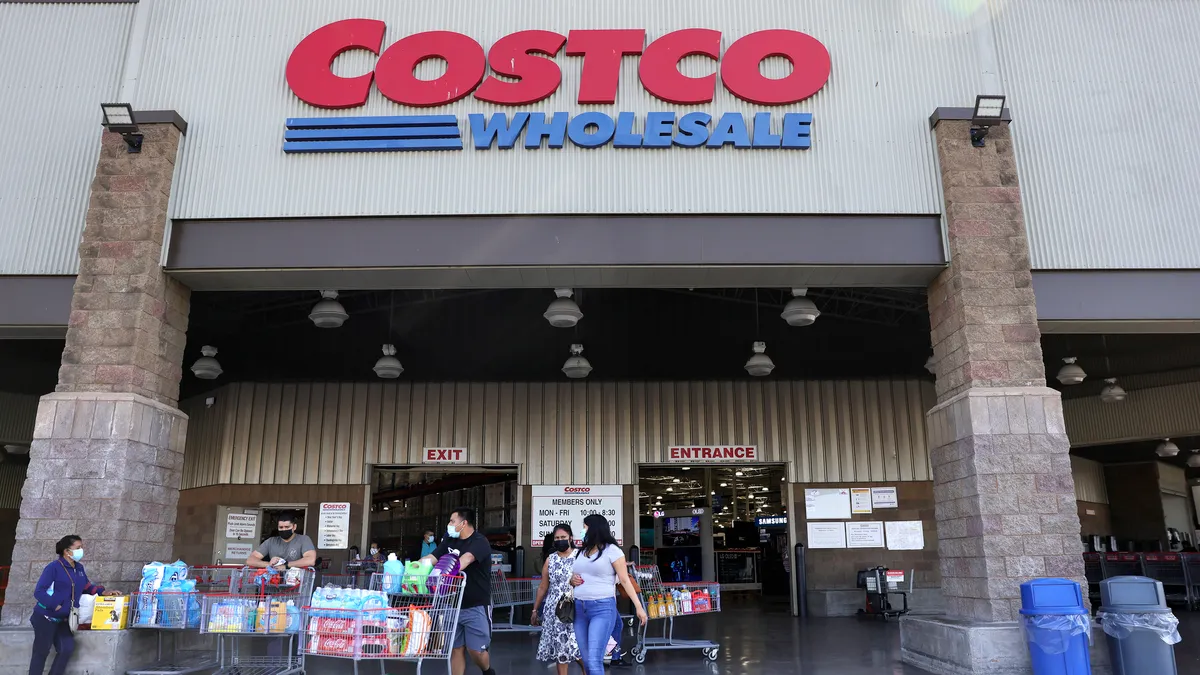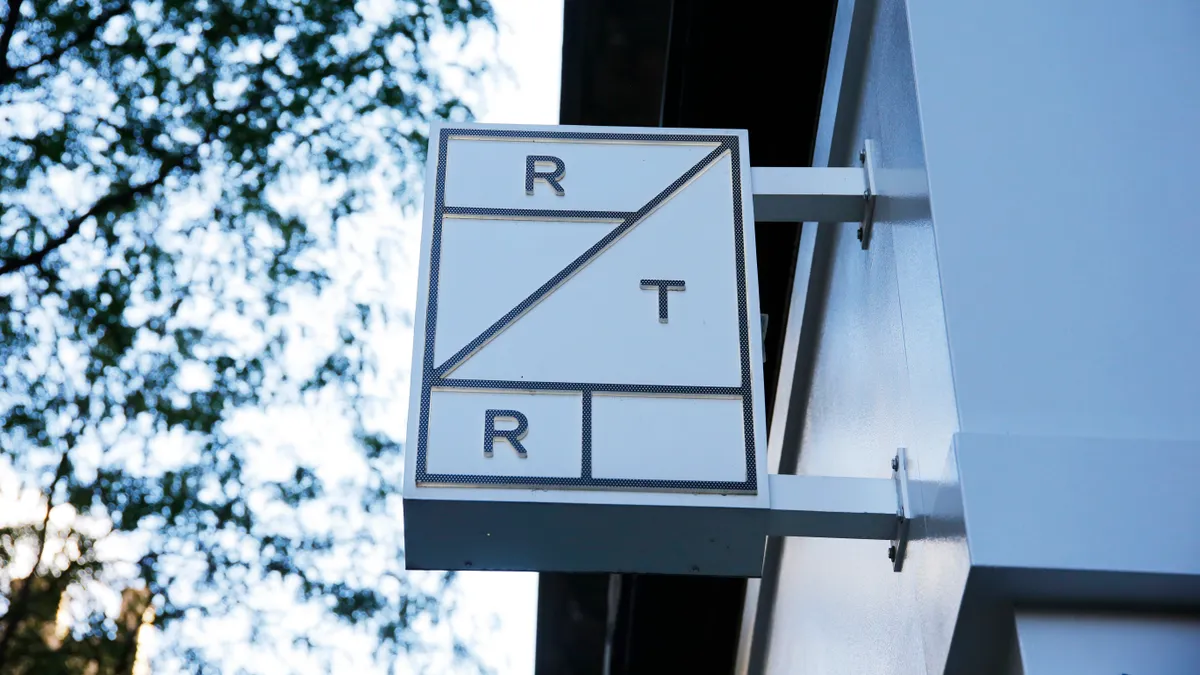A widespread outage of AT&T’s network in February lasted for about seven hours — enough time for it to make national headlines.
As the general public followed the news, so, too, did CX practitioners.
What stuck out was the telecom company’s decision to give customers $5 credits as part of an atonement for the outage. Because the situation was so high profile, the credits made the news, too. And in the court of public opinion, AT&T garnered mixed judgments.
The variety of verdicts can be seen on a single Reddit thread — some said the $5 credits were above and beyond; some found them appropriate and proportional to service lost; others joked about what they considered to be a drop in the bucket.
How a customer perceives AT&T’s actions could be a determining factor in forgiveness and, ultimately, customer loyalty and trust. But it likely wouldn't be the only factor.
Customers don’t always make decisions based on one action, said Stacy Sherman, CEO of Doing CX Right and a veteran CX practitioner with more than a decade of experience in the telecommunication field. What a company does from the moment a crisis occurs through the concluding acknowledgment matters.
“All of that comes into play in forgiving a situation,” Sherman said.
Communicate, apologize
Communication is the first key step in a crisis, Sherman said. Customers are more likely to have a negative experience if they don’t know the context of the issue they’re experiencing.
“No matter what — whether it's a mistake in your control or out of your control — I think the first, most important thing is communication, immediately, without hesitation,” she said.
The first AT&T outage was reported on Downdetector.com around 3:30 a.m. ET. The first official communication, per website archives, came at 11:15 a.m. after the company had restored 75% of its network. The next came at 3:10 p.m. to announce 100% of its network was back online. The final update that day was posted at 7:46 p.m., addressing — and quashing — fears of a cyberattack.
The credits were announced in an update two days later, though the actual dollar amount of the credits was relegated to the fine print of a landing page about the outage. AT&T declined to comment on how exactly it decided on the monetary value of the credits and referred CX Dive to existing press releases.
But Sherman said she believed it was a simple math equation: how many customers the company wanted to compensate and how much budget was available to do so.
Without an explanation directly from AT&T, customers were left to interpret the headlines themselves. The public, like some Reddit users, wasted no time joking that an AT&T fee costs more than $5. Some noted that it’s not enough to buy a hamburger, and others viewed the amount as an insult.
“Quantifying what an outage means to a customer is complex and requires empathy,” Jillian Dimoff, a loyalty practitioner and CRM expert, said in an email. Parents couldn’t reach their children during the outage, she noted. Uber drivers couldn’t work. “To put a definitive value like $5 as a remedy or reimbursement just really opens you up to criticism, and a lot of customers will find it offensive, quite frankly.”
But the value of an apology can consist of more than the dollar amount. Companies can add value during another important step in crisis-based CX: saying sorry. AT&T’s final update came three days after the outage in the form of a letter from AT&T CEO John Stankey.
While his note emphasized AT&T’s process and timeline for getting its network back online, the company also took ownership of the outage: “No matter the timing, one thing is clear — we let down many of our customers, including many of you and your families. For that, we apologize.”
“When companies own it and are transparent and sincerely apologetic, customers will be more forgiving,” Sherman said.
The value of data, preparation
It remains to be seen how AT&T’s actions will affect its bottom line. Customers could move to another provider, change their plans or do nothing at all, Dimoff noted. Either way, she said, AT&T could have done better.
Instead of $5 credits, perhaps AT&T would have been better off issuing gift cards, Dimoff said. The gift card could still be worth $5, but the notion behind it could be more compelling to customers. Further, AT&T likely has partnerships with restaurants, retailers, movie theaters, travel companies and others that it could have leveraged to offer discounts at no or minimal extra cost.
“It’s more than a $5 statement credit, and it feels more personalized. By sending customers a heartfelt apology and a message that says, ‘We want to make it up to you, so here’s dinner or a coffee on us,’ it shows accountability and mutual respect,” Dimoff said.
Companies like AT&T have large amounts of customer data, she continued. Why not use some of that to personalize CX in this case?
This is where CX mechanisms like voice of customer and customer journey mapping are useful, Sherman said. Analyzing data after a crisis is helpful, but it can’t be applied retroactively. If businesses collect it early, it can help inform the crisis plan.
“You have to do constant validation. You have to [get] feedback from your target audience. Otherwise, you're flying blind,” Sherman said.
Strategically thinking through every customer interaction and how to provide a positive experience can build loyalty and trust overtime. And then, if ever it comes time for apologies and forgiveness, credibility can go a long way.
“When the design is really good and really purposeful and really meeting a customer need, they will look at the entire journey,” Sherman said.

